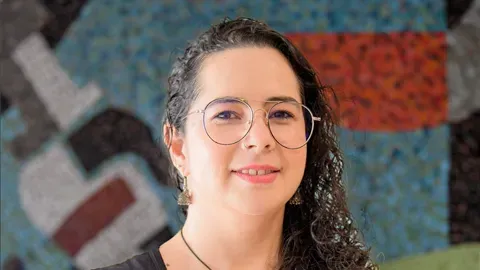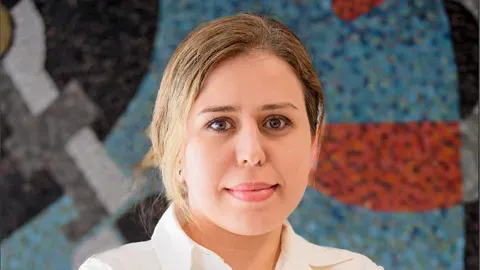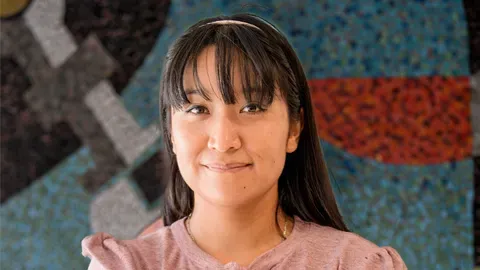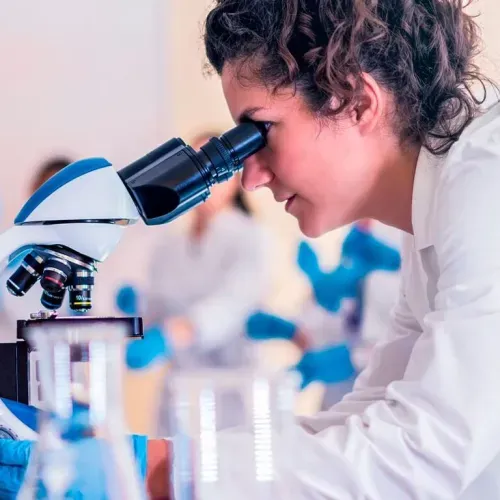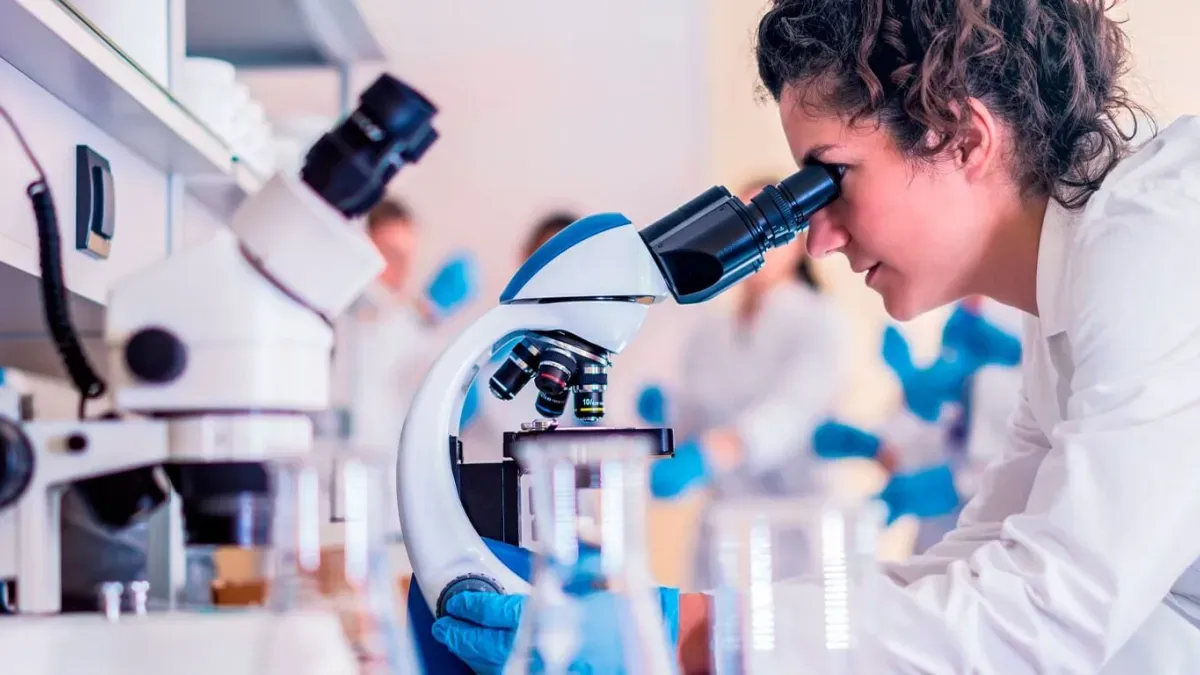Integrative Biology Unit

Diagnosing, preventing, and treating metabolic diseases and obesity by integrating a large, diverse amount of experimental data on individuals, populations, and their environments.
What does this unit do?
The great challenge of this unit is to understand the factors and integrate them for a global and deep comprehension of diseases. Managing massive data and translating it into scientific knowledge is the challenge undertaken in this unit, with the vision of translating it into new diagnoses, therapies, and preventive elements that reduce the rates of obesity and other metabolic diseases in the Mexican and Latin American populations.
Obesity: a multifactorial problem
Mexicans have aggravated obesity and metabolic disorders leading to much lower life expectancies than those in developed countries. The characteristics of these disorders remain not fully understood in our population. Genetic, epigenetic, dietary, environmental, and lifestyle factors affect the development of metabolic diseases and their prognoses.
Integrative biology
Integrative biology refers to the interest in different areas of biology, from molecules shaped by genes and proteins to individual organisms, populations, and even ecosystems. The interdisciplinary research in this area seeks diversity and incorporation by managing all biological organizational levels.
In Mexico, integrative biology has been developed recently to enhance the study of living beings and their environments from the level of communities to the molecular level. The creation of Integrative Biology means elucidating biological complexity through interdisciplinary strategies and state-of-the-art technologies, including the massive study of data and the application of disciplines such as computational biology, genetics, developmental cell biology, and biological chemistry.
The topics and lines of research currently being developed in Mexico in other institutions include environment and biodiversity, environmental education, social participation, microbiology, ethology, and agriculture. At the Institute, we focus on human health and well-being, including functional genomics and the effects of the environment (diet, lifestyle, exposure to the environment, etc.).
Types of research
- Genomic and metabolomic characteristics of Mexicans (population and families) with metabolic disorders contrasted with those in the same environment remaining healthy.
- Multiomic effects of the usual diet, sensory preferences, and new foods of the Mexican and Latin American populations with approaches to pregnancy and early childhood.
- Generation of data science and artificial intelligence (AI) elements to support and justify the design of new diagnoses, therapies, and public policies to combat metabolic diseases.
- Vitamin dietary interventions and functional fats from childhood and their effects on improving comorbidities related to obesity and metabolic diseases in adults.
* About Research Professors: They are principal investigators (PIs) who dedicate 75% of their time to research and 25% of their time to faculty (teaching) activities in the school they are assigned at Tecnológico de Monterrey (in IOR’s case, either the School of Medicine, School of Engineering, or School of Government).

Dr. Rocío Isabel Díaz de la Garza
Unit leader. Research Professor
Interkingdom Vitamin Functional Genomics.
More about her work

Dr. José Manuel Villalobos Escobedo
Research Professor
Functional Genomics for Bioprospecting.
More about his work
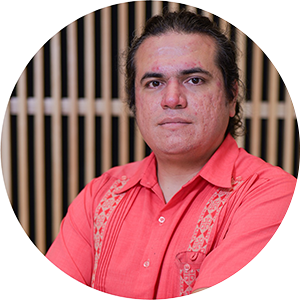
Dr. Carlos Rodríguez López
Research Professor
Dietary chemical diversity and metabolomics.
More about his work

Dr. Juan Emmanuel Martínez Ledesma
Research Professor
Genomics Data Analysis and Machine Learning for Medicine.
More about his work
